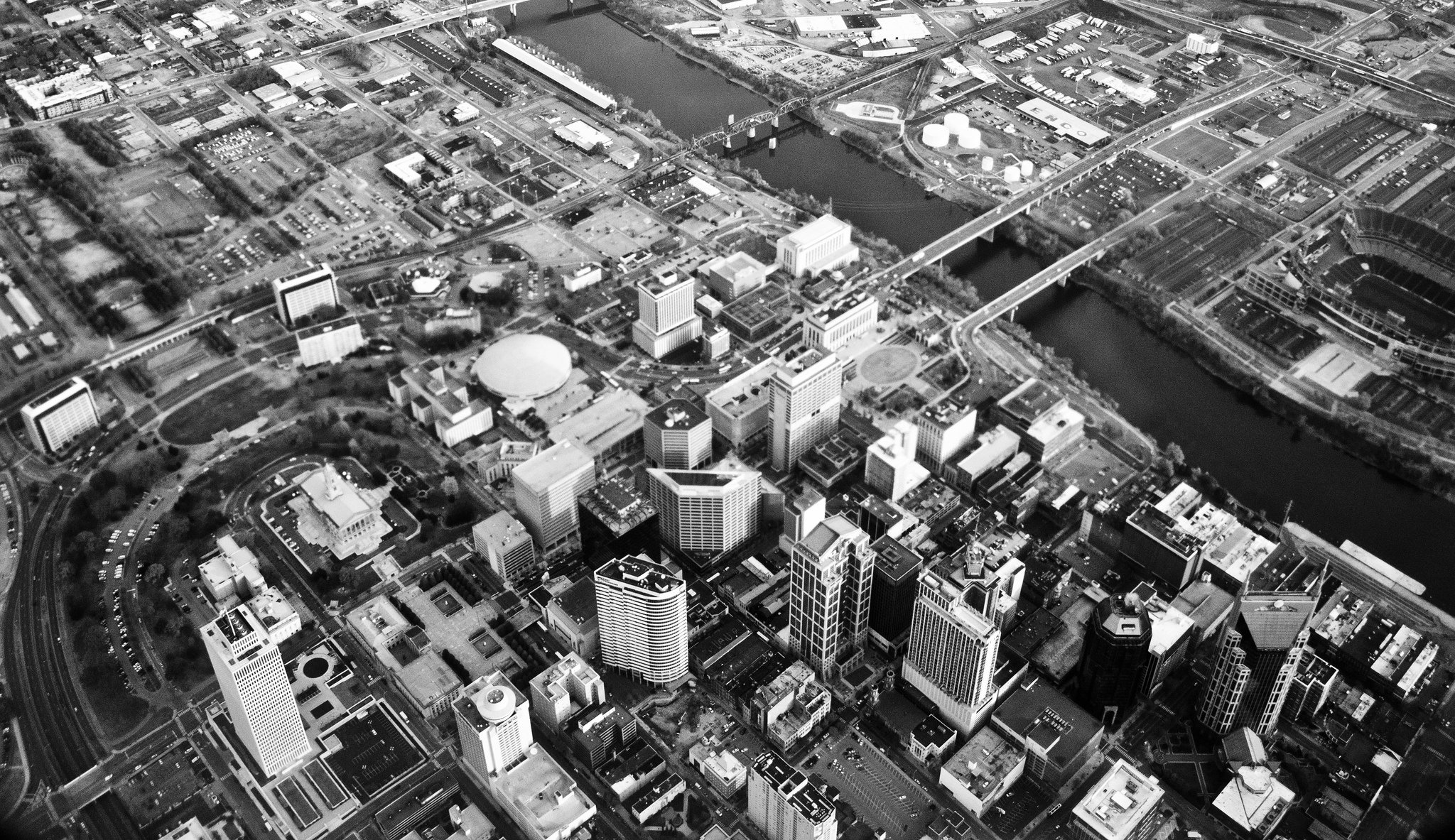As I get older into adulthood I feel like more and more things require my attention. Trying to juggle work, family, home maintenance etc I’m constantly busy. I can almost never find time to rest because there is always something that has to be done. How do you find time to rest and cope with the stress but also get the things on your plate complete?
I learned a long time ago to take control of my life, decide what’s important to me and what’s not, and plan things out including time to relax/vacation/disconnect (by which I mean everything from taking an hour break at lunchtime, to deciding to go out for a hike on Sunday, to taking a three-week snowboarding trip). The biggest problem will always be others trying to manipulate you to do things that they want you to do; you have to learn to be direct and say “no”. You also have to learn to deal with “doing what is expected of you” / “doing what is socially acceptable” / “keeping up appearances”; you have to decide what you’re going to do and not let these things drag you down.
Sorry… that isn’t really advice, or five top-tips for organizing your schedule, or how-to-deal-with-demanding-people… its just a bit of a harsh statement to f*ckin’ take control of your life and be confident in your decisions.
This is really, really good advice, actually. Learning this early in life was something I did not do and wish I did. :)
I have “Do Nothing” days. It’s really the only way I survive, honestly.
During many parts of the year, my job and home lives are extremely hectic and stressful. Whenever I can, I designate a “do nothing” day, which helps my brain actually take advantage of resting that day without thinking “omg I need to do this, and this, and this”, etc. Usually it ends up being a Saturday, and while I’d love for it to be weekly, I’d say I have them more like twice a month or so.
The rules for a Do Nothing day are that I Do Not Do Anything Important, I don’t even leave the house - just chill, play video games, read, craft, garden, watch TV, sleep, etc. Whatever feels right. It makes picking back up with the stress the next day much easier to handle. Plus, I find it’s really hard for me to ever relax even when I do have a moment to do so, so I would usually waste all that time anyway throughout the week just straight up worrying about what I should be doing. At least by doing this I combine all that time into one day, and I actually use it to relax!
I have the problem that every day I’m not at work it’s a do nothing day :-/
No clue where people get all this motivation from.
Medicine. Without it, I’m not able to do much of anything, regardless of whether it’s a work day or not, or whether I want to do the thing or not. Not sure how helpful that is to hear, though :/
Also, oopsies, I thought I was in one of the ADHD communities when I wrote my original comment, but apparently not!
I am 51, married, we both work full time, my wife’s job is far more demanding in stress and hours but I am at a senior level working 9-5 mostly.
We own a home and our one kid is in elementary school.
I have systems I use at work and home to track everything in responsible for with deadlines if they need deadlines.
I don’t overdo my at home productivy. It’s largely governed by family priorities and I get very, very little discretionary time.
Stress affects me on a few levels. I have chronic illnesses that are aggravated by it and a history of letting it get out of hand. I’m getting too old to be stressed out guy now so I have learned to recognize when I’m stressed, how it is negatively affecting me and those around me, and then how I can take five and cool off.
I also get nicely toasted (legally) on a very low dose of THC with CB-whatever (trying cbn for sleep now) about an hour before bed and spend some time by myself (I go to bed last) just being “me”. I write a page of fiction (don’t ask, it’s crap, just for me) or journal a little or so some quiet tidying, etc. That really helps. I also need it to help my sleep so it’s a double benefit.
Poorly
Try not to view spare time as the absence of plans. It should be specifically booked in and not cannibalised by other things.
As others have already mentioned, break your big tasks down into smaller operationalised tasks. Spending time to plan things isn’t wasted.
Also, it’s hard to grasp this myself but I try to live by it: everything will be ok, everything is fixable. Avoid worrying about things too much.
Learn to say “no” and deligate other tasks to someone else. You deserve time to yourself and for yourself.
Not the answer I want to give but the honest answer is alcohol, video games, tv with my wife, sex, and tiktok. Anything that turns my brain off once I decide I have done enough work for the day. It isn’t a great way to live and I hope to get out of it after I pass my prelimary exams.
provided you’re not dependent on any of those things then i think it’s fine. if, for example, the alcohol or video games stop you from living your life then it’s time to stop.
This is exactly me. I wish I could do something more meaningful when it hits 8pm, and the alcohol isn’t good for me in the long run, but doing something that has be completely disconnected from my responsibilities for 1-2 hours at night keeps me recharged the rest of the time.
Meditation has helped me get through a lot. I like Shinzen Young’s methods myself. He’s got a lot of content on YouTube that’s worth a watch if that’s a path you want to try.
Find people to talk to. If you can multitask taking to them while doing something, do it. But if you can give a good conversation some dedicated time it helps.
There’s ‘serious’ talk like a therapist, but even just basic ‘whatever’ talking with friends and acquaintances helps me get out of my own head.
Proper sleep, stay hydrated, exercise, cuddle a dog, meditate, find a peaceful relaxing hobby that allows you some peace and quiet.
Sitting down in the shower 🚿 for an hour or two.
“Meditate for an hour every day unless you are too busy. In that case meditate for two hours.”
I use the Ten Percent Happier app, but only their Basics I and Basics II series. At least the first and maybe both should be free in the app
Despite the quote, once you have developed a meditation habit you really only need 5 minutes to find some centre
ok wait this is my moment lol
so I’ve always been the one to take on others energy for them - listen to them complain, try and help everyone, always try my absolute best. I had a lot going on and my stress built and built and built until I (thanks to therapy) started to notice warning signs of burnout (I was always overstimulated, not sleeping enough, not eating enough, dreaded going to bed but also dreaded getting out of bed because I didn’t want to deal with tomorrow).
I ended up taking FMLA for 2 weeks and focusing entirely on stress management and it’s been a couple weeks back at work and I still feel really great.
-
Remember that you are human, and that if you continuously set a bar of 100% you are setting yourself up for failure. You will have bad days, just accept it and do your best without comparing it to others or to yourself on a good day
-
Feel comfortable setting boundaries! You don’t have to allow negativity into your life, and if people are dumping excess stress onto you feel free to exit the conversation. No need for feeling guilty because they will have moved on within the hour (they have their own life)
-
The first hour of your day is crucial. If you wake up and immediately go on your phone (information overload) you are setting yourself up for overstimulation which does not help you out when dealing with stress! Take a nice shower, read a book — I listen to piano in minor and write a poem — just something that allows you to ease into your day. Waking up and immediately hustling will lead to burnout. I can’t emphasize this point enough!
-
Sleep and eat! Poor sleep habits add up over time and your body and mind are much more protected against stress when you’re giving them the tools to deal with it.
-
Accept stress. It’s going to come! There are two key parts here — One, when you catch yourself accumulating stress, pause and ground yourself. Slow yourself down. Breathe, walk a little more leisurely. When you do these things your body will signal to your mind that you’re safe. Two, don’t think of stress as an unequivocally negative thing — stress is a tool that CAN be managed and it’s a powerful tool for productivity. That said, as with all powerful tools you absolutely have to practice safety.
-
And lastly, and this is gonna sound obvious, MAKE TIME to relax! It’s easy to say you can’t make time for relaxation but flip the script for a moment and ask yourself, could you make time for another task?
I would add exercise to point 4, doesn’t have to be a lot just get your body moving. If you are not into sports: a longer walk counts!
-
deleted by creator
The thing is you can always do more and be even busier. The whole “work now, play later” works in childhood, but it’s not realistic in adulthood. There’s always more to do. If you feel like you need a break, take that time off for yourself. If you don’t, your body will take that time off for you, if you like it or not, and it will probably be more time that you would have spent having fun. When you do take time off, try to focus on your free time and don’t focus on the stuff you still need to do. Allow yourself to not think about work. Relaxing is important.









